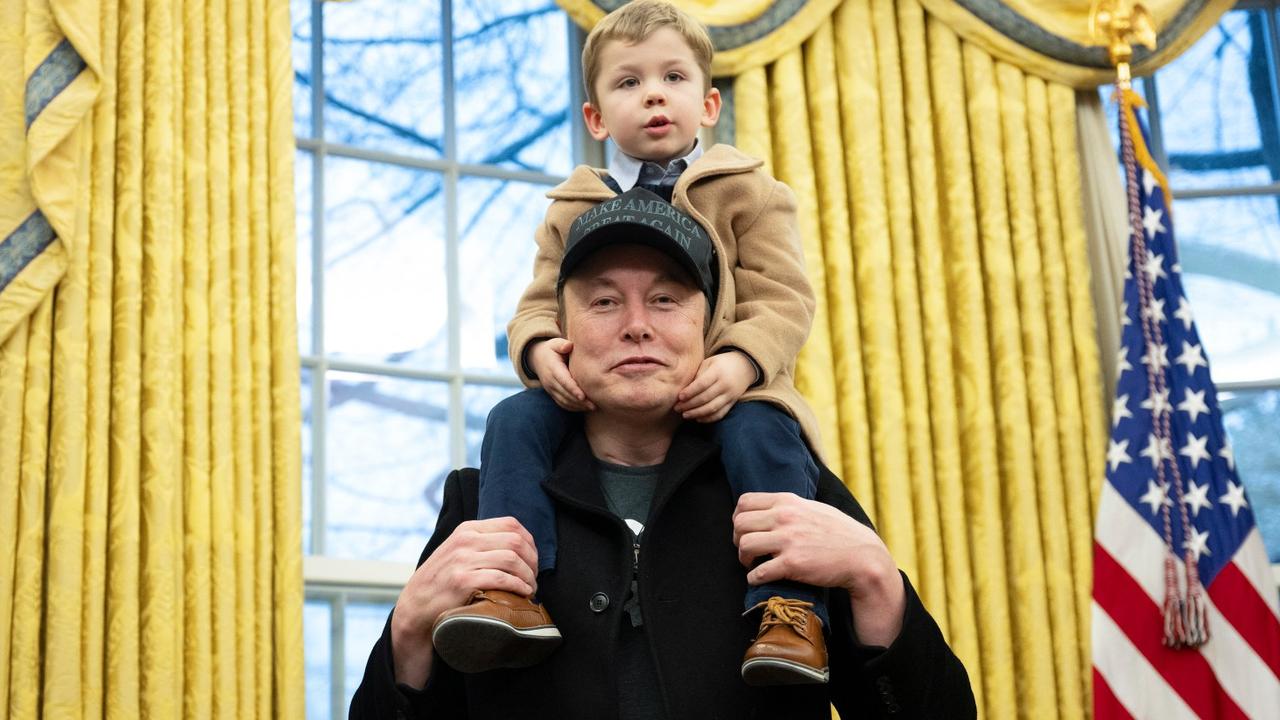China pays heavy price for sharp fall in birthrate
After recording its lowest birthrate in decades, Beijing is being urged to scrap its last remaining restrictions on family size.

China faces a demographic crisis as the pandemic accelerates its fertility nosedive and raises questions about its long-term economic wellbeing.
After recording its lowest birthrate in decades, Beijing is being urged to scrap its last remaining restrictions on family size if it wants to keep flourishing.
It is five years since the state loosened policies to allow most couples to have two children instead of one. Yet the baby boom expected then has not materialised, resulting in the rapid ageing of China’s 1.4 billion population.
Although official data has yet to be released, the Ministry of Public Security revealed that just over 10 million babies were born last year, a 15 per cent drop on 2019. The final tally, released in April, will be higher, but it is already certain that China has hit a new low.
The country recorded 14.63 million births in 2019, at a rate of 10.48 per 1000 people. This was the lowest since 1949, when the People’s Republic of China was founded: even during the Great Famine of 1958-62 the rate was higher. In some areas the decline was even more stark: Taizhou on the east coast and the southwestern city of Guiyang both reported a 30 per cent fall.
This threatens to produce a rapidly ageing nation in which a small young workforce must support the pensions of a huge elderly retired society. Some are therefore calling for all remaining limits to be removed immediately, believing that even if China succeeds in overtaking the US as the world’s largest economy, the population crisis will ensure that supremacy is short-lived.
Yi Fuxian, a scientist at the University of Wisconsin-Madison, has argued for the abolition of restrictions. “It’s like a rock rolling from a hill for the birthrate to fall. That’s inevitable,” Dr Yi told state media. “Our country’s birth policy has accelerated the process, and now the rock is at the foot of the hill, and it will be very difficult to move it uphill.”
Decades of the state’s family planning policy have made it socially acceptable, and even desirable, for couples to have one child. And now women, with far more educational, life and career options than their mothers and grandmothers, are waiting longer to marry, or not bothering at all.
The number of weddings fell to 8.13 million last year, from 13.47 million in 2013. Divorces rose to involve more than four million couples in 2019, up from 3.5 million in 2013.
Some young couples complain that high housing costs and exorbitant educational expenses are the world’s most effective contraceptives. Another problem is the rapidly dwindling number of women of childbearing age.
The Times


